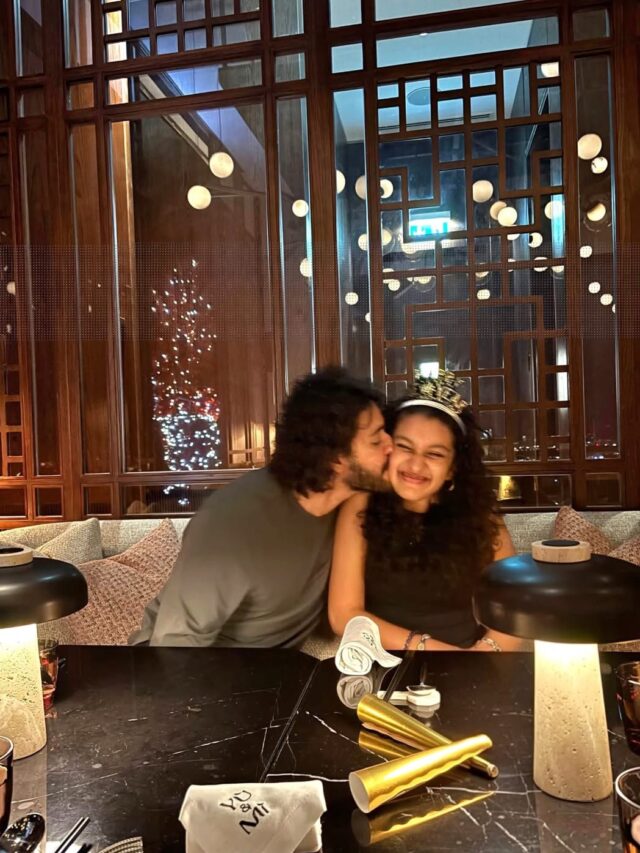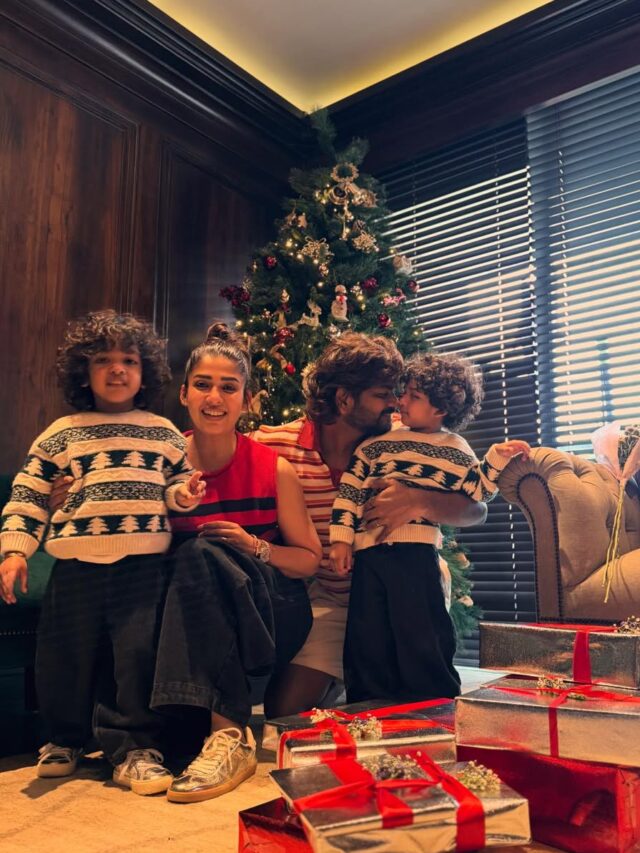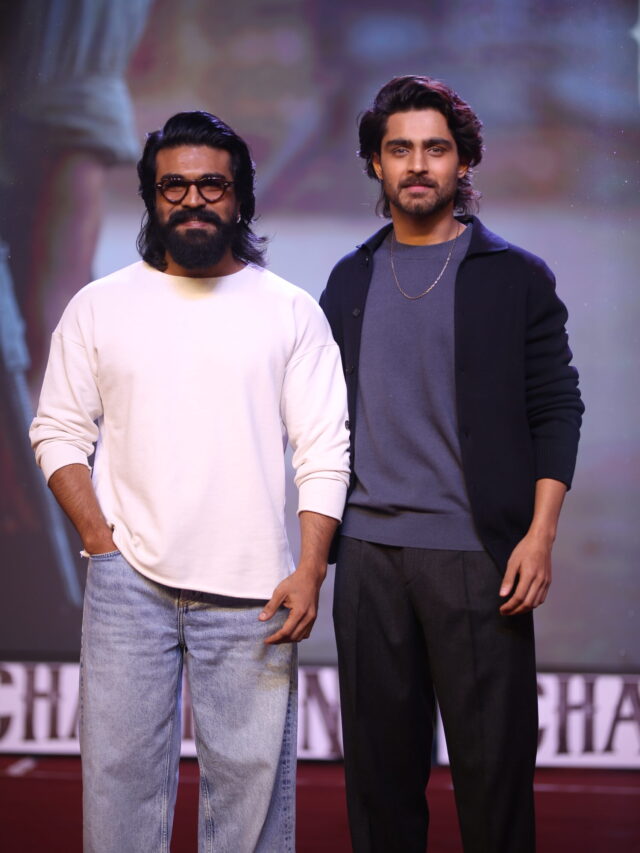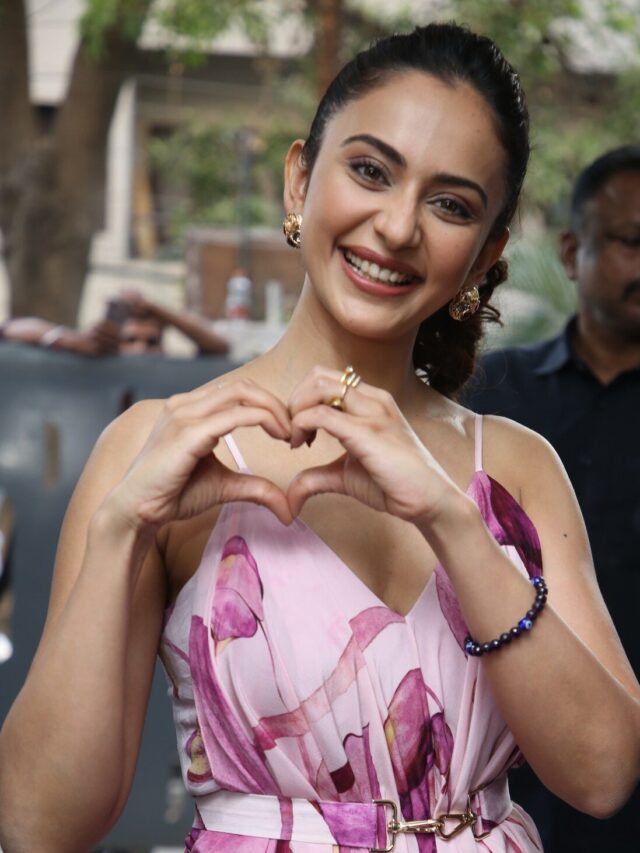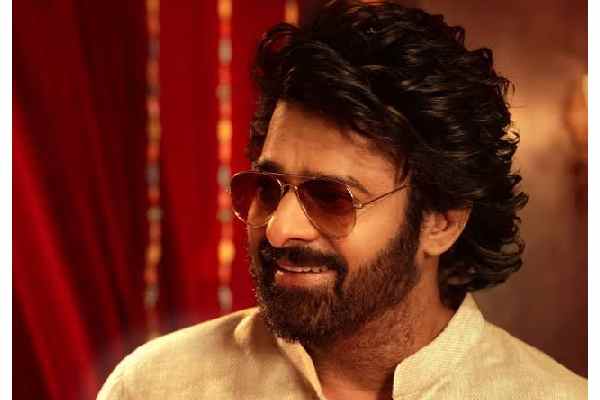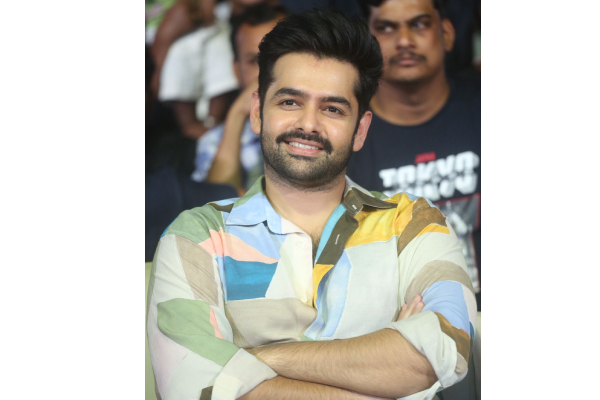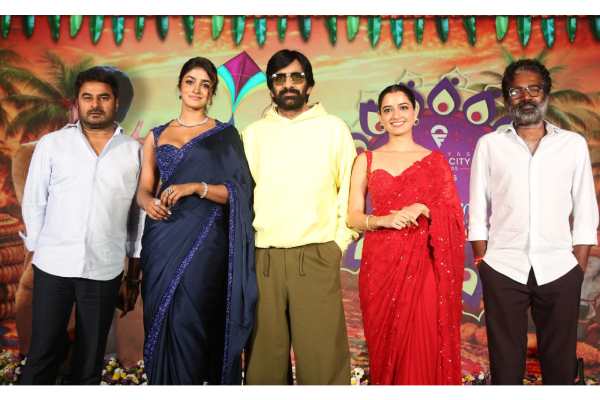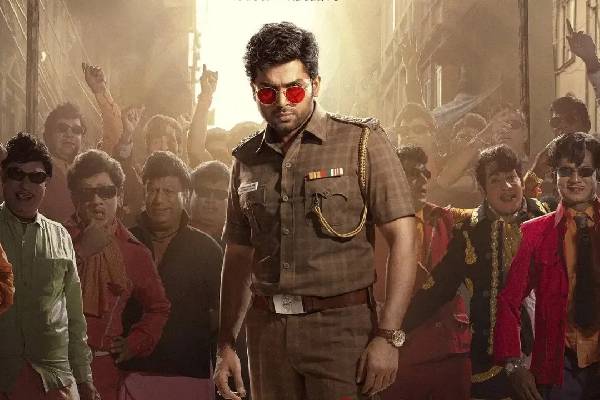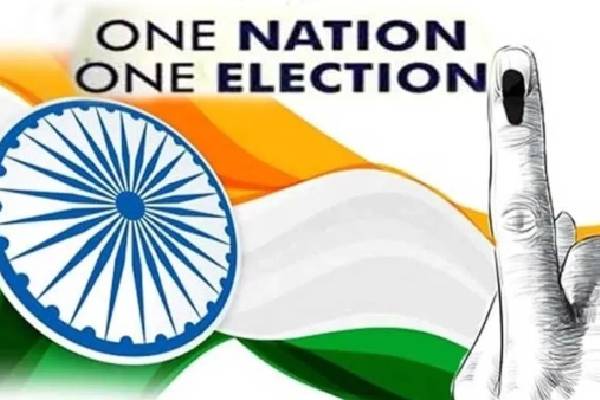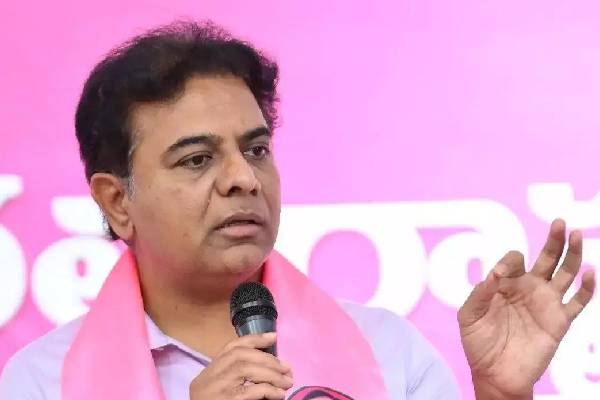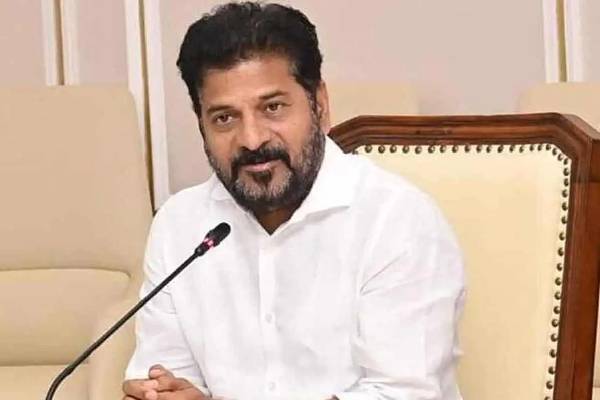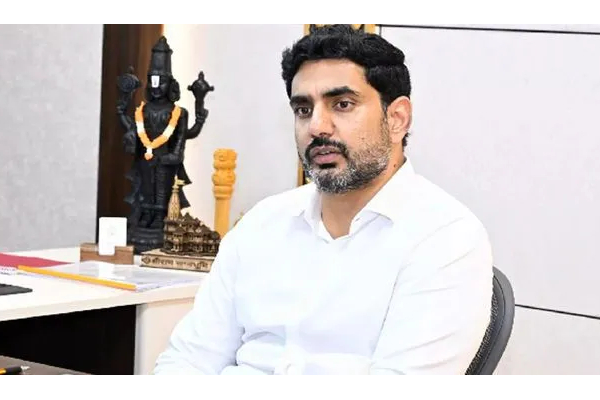Union Cabinet approved the report presented by former President Ramnath Kovind panel on ‘One Nation One Election’ on Wednesday. While the unanimous approval of ‘One Nation One Election’ proposal by Prime Minister Narendra Modi-led Union Cabinet, is a major move towards ‘One Nation One Election’ it is still premature to believe that it will become reality anytime soon.
Prime Minister Narendra Modi has been very determined to implement ‘One Nation One Election’ in India and has been campaigning for it vocally. BJP has laid down ‘One Nation One Election’ promise in its 2024 Election Manifesto and PM Modi has even highlighted it in his Independence Day address to the Nation.
While BJP has been batting for ‘One Nation One Election’, opposition Congress Party and its allies have been opposing it.
But the main road blocks to ‘One Nation One Election’ initiative of PM Modi arise from not opposition parties but from the very nature of Indian democracy. Irrespective of issues which make India a struggling nation, the biggest achievement of India is its democracy. Without any doubt, we can claim that India is one of the most vibrant and best democracies in the world.
The reason for upholding of democratic practices in India is a free and fair election system. For Indians, elections are not just about selecting public representatives, but also about raising their voices against issues, fighting for their identity, fighting for there choices and preferences.
In fact, many marginalised and down trodden sections and leaders who have been suppressed by authoritarian state, have asserted there identities and aspirations by using the electrol system.
But the proposal of PM Modi of conducting simultaneous polls across India by implementing ‘One Nation One Election’, will surely deprive marginalised sections and down trodden, to use elections as an opportunity to highlight their problems and fulfil their aspirations.
Many a time we have seen people’s movements which were normally suppressed by authoritarian state getting succeeded through elections. Either its Telangana movement or India Against Corruption movement, these peoples’ movements got validated after the activists who participated in them won in elections. If ‘One Nation One Election’ is implemented, certainly these type of public movements will not have an avenue to highlight their voices and concerns.
Besides concerns about democratic freedom, ‘One Nation One Election’ plan also has to face several practical problems.
In the first phase, it has to be approved by Parliament. Several amendments have to be done to the Indian Constitution. Above all the house terms of 28 state assemblies, eight union territories and Lok Sabha have to be clubbed, which will be a big challenge.
So, in all probability the ‘One Nation One Election’ proposal of PM Modi-led BJP, is still utmost an ambitious plan rather than a practical solution.
Dnr






